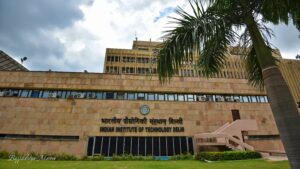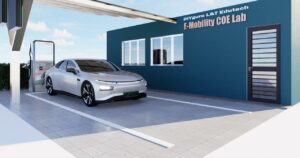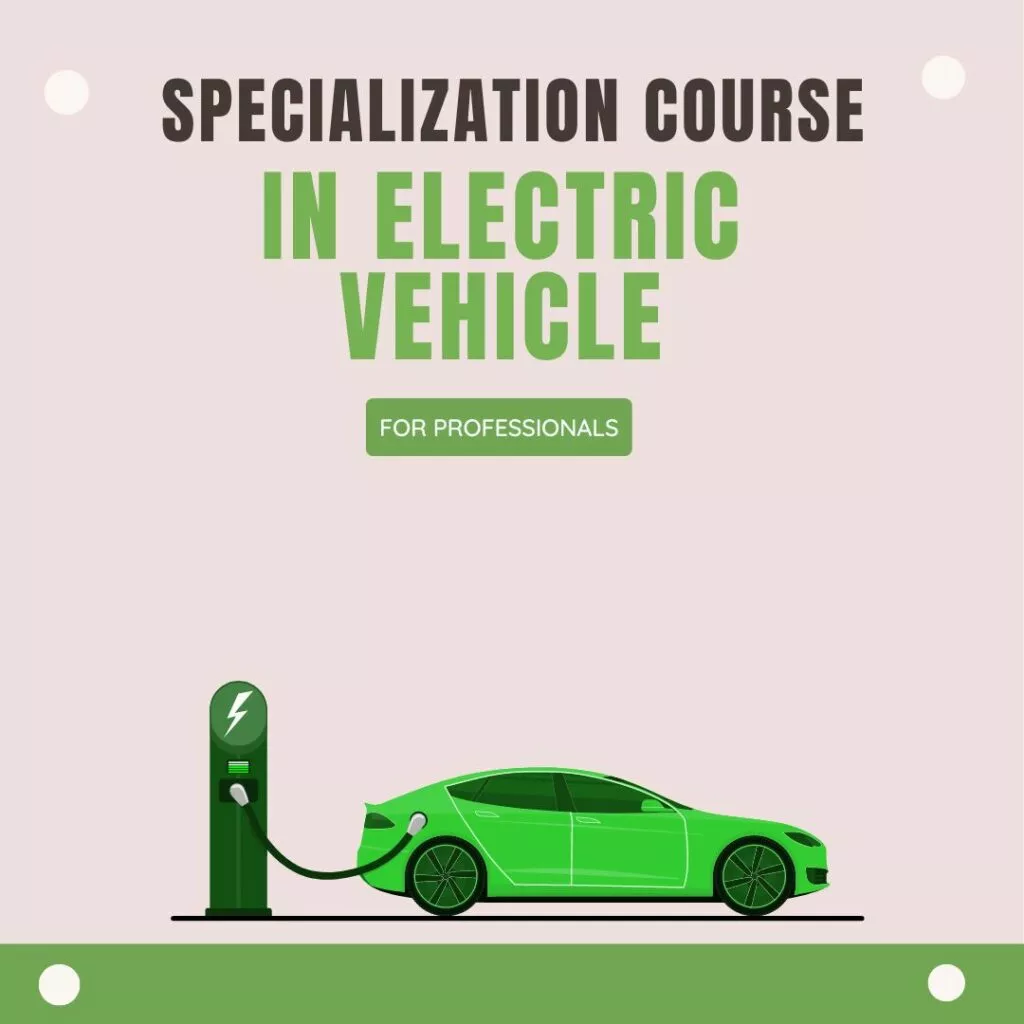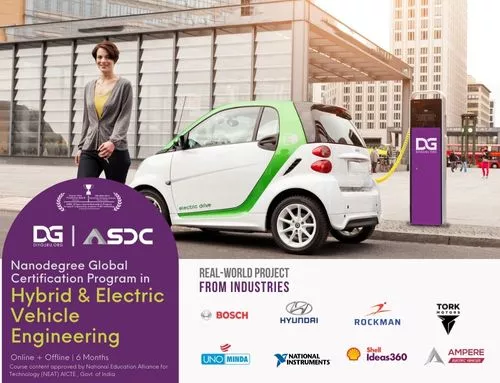New Delhi: From retrofitting cars into electric vehicles (EV) to researching on batteries and setting up charging stations on the campus, IIT Delhi is putting its best foot forward in promoting the technology. The institute’s Centre for Automotive Research and Tribology (CART) has also been researching driverless cars for major automobile companies to “make India become totally electric”.
IIT Delhi director V Ramgopal Rao said, “Electric will be the future. India has always skipped generations when it comes to technology. A transformation will come from the automobile industry. Apart from the high price of EVs, unavailability of charging stations is also an issue. These will be solved when NHAI and other agencies set up charging stations along highways. The cost of such cars will go down with the increase in volume. People will eventually see the price advantage of an electric vehicle.”
Rao added, “IIT Delhi has taken an active role in academics and research in this regard. We have signed MoUs with many automobile companies and are in the process of connecting with more. At the same time, we are recruiting faculty members. The goal is to research how to reduce charging time. Once that happens, we will research automated vehicles.”
BK Panigrahi, the head of CART, said the Centre had a mandate towards promoting research and academic activities related to EVs. “We will be starting an MTech course on electric transportation in July along with a few certificate courses. Our researchers are working on chargers and new battery packs that can substitute the ones present in e-vehicles currently. We are collaborating with auto companies for developing battery technology and research on automated cars,” he added.
Recently, IIT set up a 20kW charging station with inbuilt solar photovoltaic interface capability developed by Smart Grid Lab of department of electrical engineering funded by the Centre’s department of science and technology. Incubated start-ups like “Geliose Mobility” to launch “Hope”, a cost-effective electric scooter with a running cost of around 20 paisa per km, are also being promoted.
Hemant Kaushal, project coordinator at IIT Delhi’s Centre of Excellence for Research on Clean Air, said, “We are designing kits for retrofitting cars, but the future plan is to develop driverless vehicles. We are working on reverse logistics of electric batteries. India doesn’t have the infrastructure to dispose of these batteries, which can prove to be a huge challenge. Our researchers are creating models for disposal of batteries. At the same time, we are looking at a battery-swapping technology so that people need not stand in queues to charge their cars.”
Credit -ET Auto






















